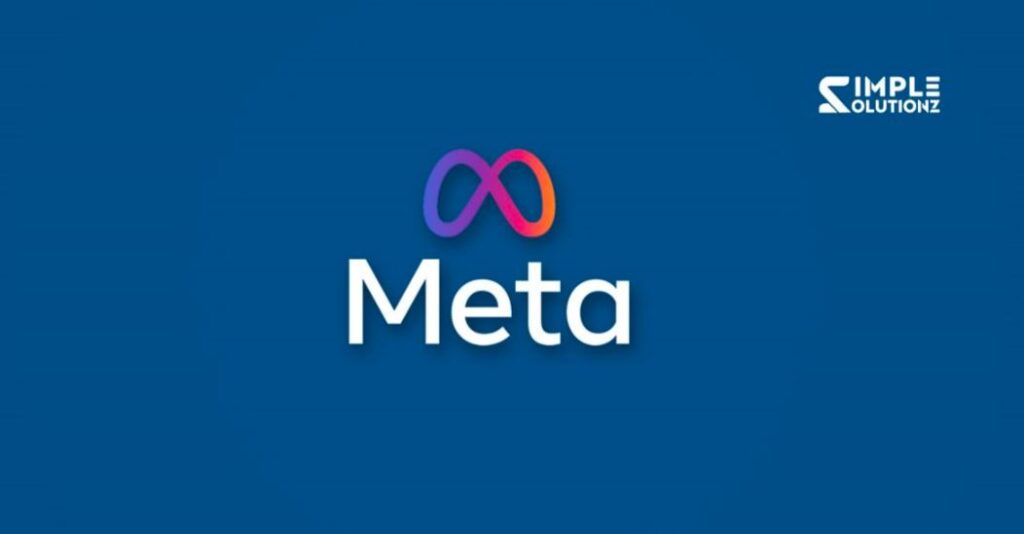Speculation is growing about Meta, the tech giant formerly known as Facebook, launching its search engine. With its dominance in social media, cutting-edge AI development, and ambitious ventures into the metaverse, it appears poised to challenge the status quo in online search.
But what would a meta search engine look like, and how could it redefine how we interact with digital content?
This blog will explore the possibility of a meta search engine, its potential features, its impact on the online landscape, and what it could mean for businesses looking to stay ahead in the digital age.
Contents
Why a Meta Search Engine Seems Plausible
It has consistently pushed boundaries in technology, with a focus on connecting people and building immersive experiences. Adding a search engine to its portfolio would allow it to strengthen its ecosystem and compete directly with search giants like Google.
1. Massive Data Resources
It has unparalleled access to social and behavioral data from its platforms, which could be used to offer highly personalized search experiences. Imagine a search engine that understands your preferences not just from your search history but also from your social media interactions, likes, and shared interests.
2. AI and Machine Learning Expertise
It has been investing in AI technologies. A search engine powered by its advancements could provide smarter, faster, and more accurate results. This could include AI-driven contextual understanding, enabling users to find relevant information even if their search queries are vague.
3. The Metaverse Connection
As a pioneer in metaverse development, Meta could create a search engine that extends beyond traditional text-based search. Users explore virtual worlds and discover content, products, and services within immersive environments.
4. Expanding Revenue Streams
With Meta’s advertising business relying on social media platforms, a search engine could diversify its revenue model. By integrating paid search ads into its ecosystem, it could attract businesses looking for more targeted and data-rich advertising opportunities.
How a Meta Search Engine Could Work
If Meta were to launch a search engine, it could incorporate innovative features that go beyond traditional search capabilities:
Socially Integrated Search
It could integrate social data to deliver search results based on what users’ friends and communities are engaging with. For example, if a user searches for a restaurant, results could highlight reviews and check-ins from friends, along with popular social media posts about the establishment.
Immersive and Visual Search
Leveraging its expertise in AR and VR, Meta could enable users to perform searches by interacting with 3D objects or environments. Imagine pointing your smartphone at a product and instantly getting details, user reviews, and purchase options.
AI-Powered Recommendations
By analyzing user data, a Meta search engine could offer contextual and personalized suggestions. For instance, searching for vacation destinations might result in suggestions based on your interests, travel history, and social connections.
Enhanced E-Commerce Integration
Meta’s marketplace and shopping features could seamlessly integrate with a search engine, allowing users to browse, compare, and purchase products directly from search results. This would enhance e-commerce experiences, for businesses targeting younger, tech-savvy audiences.
Impact on Online Marketing in Ashburn
For businesses in Ashburn, Virginia, a region known for its advanced tech infrastructure and entrepreneurial spirit, a Meta search engine could revolutionize online marketing strategies. Ashburn is home to businesses, from startups to established enterprises, that rely on digital visibility to thrive.
If Meta introduces unique ad formats and targeting options within its search engine, businesses in Ashburn could benefit from:
Advanced Targeting
With its unparalleled access to user data, businesses could create ads that reach highly specific audiences. This precision targeting could drive better engagement and ROI compared to traditional search ads.
Seamless Social Integration
Ads on a Meta search engine could complement campaigns running on Facebook and Instagram, creating a cohesive marketing strategy that engages users across multiple platforms.
Immersive Advertising
Meta’s focus on AR and VR could give rise to immersive ad formats, allowing businesses to showcase products and services in innovative ways. For example, a local Ashburn restaurant could use an interactive ad that lets users virtually explore its ambiance and menu.
Including Meta’s platform in online marketing in Ashburn’s strategy could help businesses stay competitive and connect with a broader audience in meaningful ways.
Challenges Meta Could Face
The potential for a meta search engine is immense, the journey won’t be without challenges.
- Meta’s track record with user data privacy could be a significant roadblock. Users may hesitate to trust Meta’s search engine, fearing that their search data might be used for intrusive advertising or other purposes.
- Google’s dominance in the search market is almost insurmountable. To attract users, Meta will need to offer unique and compelling features that significantly outperform Google’s capabilities.
- Tech giants like Meta are already under the microscope of regulators worldwide. A search engine launch could invite additional scrutiny, particularly if it integrates deeply with existing platforms and user data.
- Convincing users to switch from their preferred search engines to a meta search engine will require aggressive marketing and visible advantages. It might also involve offering incentives or creating exclusive features unavailable elsewhere.
What This Means for the Future of Search
A Meta search engine could signal a major shift in how we think about online search. By combining elements of traditional search with social connectivity, immersive experiences, and AI, it could redefine how users interact with information.
For Users
A meta search engine could offer:
- Personalized to individual preferences and social connections.
- Powered by AR, VR, and the metaverse.
- Integrated seamlessly with Meta’s ecosystem of apps and platforms.
For Businesses
Businesses could benefit from:
- From immersive VR experiences to socially integrated campaigns.
- Leveraging Meta’s data to reach highly specific demographics.
- Opening new opportunities for virtual marketing and sales.
A Game-Changer in the Making?
There’s no official confirmation from Meta about launching a search engine, but the idea aligns with its mission to lead innovation in digital connectivity and immersive technology. If it enters the search market, it could not only challenge existing players like Google but also introduce groundbreaking features that reshape the way we search and engage online.
For businesses and individuals, the prospect of a Meta search engine presents exciting opportunities and challenges, making it a development worth watching.

